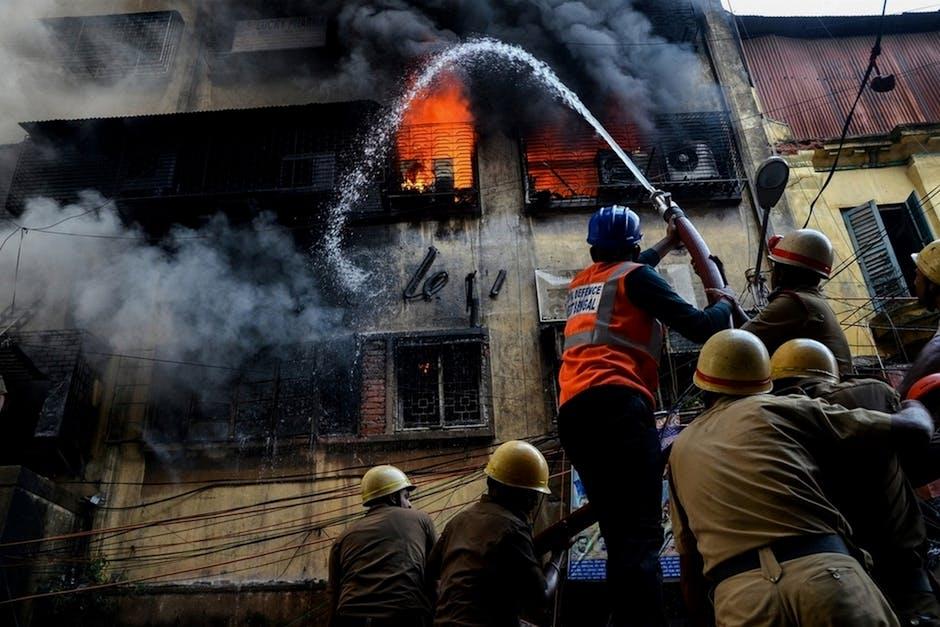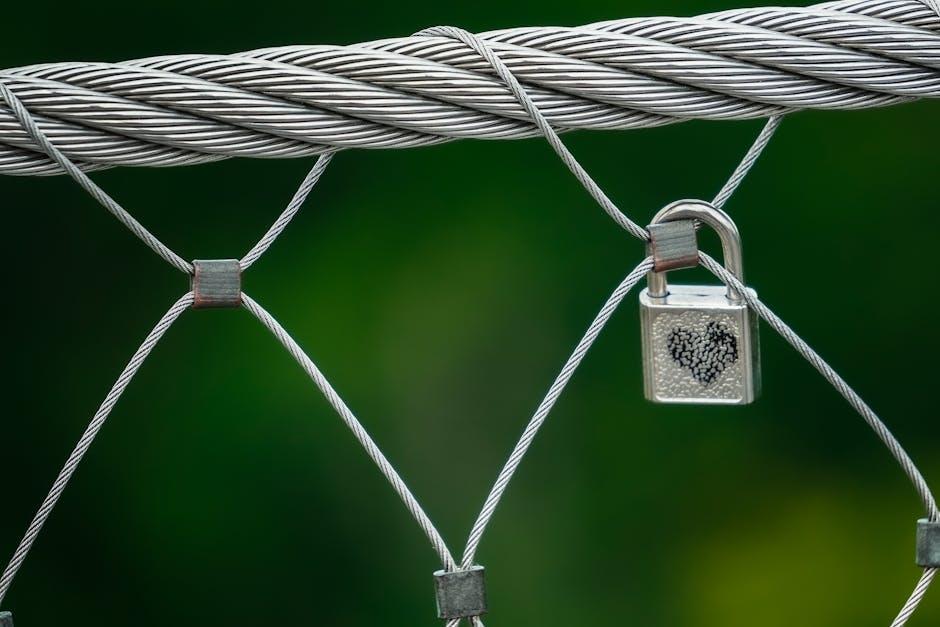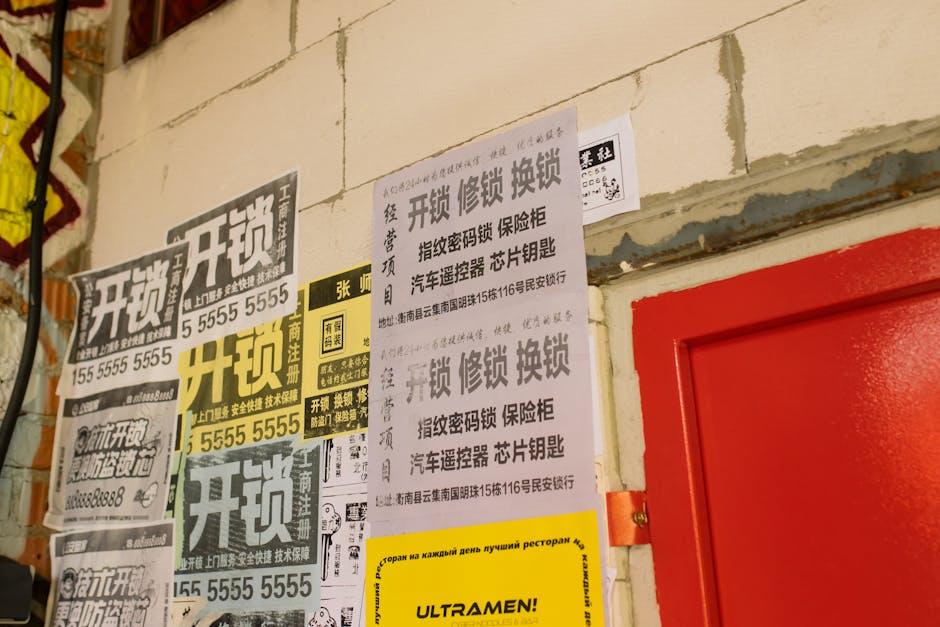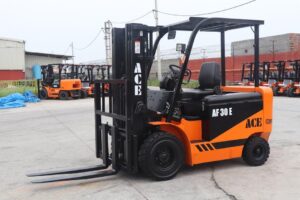When you find yourself locked out or need to enhance your home’s security, calling a locksmith can feel like a leap of faith. But how do you ensure this trusted professional is the right fit for your needs? Before handing over the keys to your safety, asking the right questions can make all the difference. In this article, we explore five essential questions that will help you vet locksmiths carefully, giving you peace of mind and keeping your property secure. Whether it’s an emergency or a planned upgrade, knowing what to ask is your first step toward confident hiring.
Table of Contents
- Choosing Experience and Credentials for Trustworthy Service
- Evaluating Availability and Emergency Response Times
- Understanding Pricing Structures and Transparency
- Checking Reviews and References for Reliability
- Clarifying Services Offered and Specializations
- Q&A
- To Wrap It Up

Choosing Experience and Credentials for Trustworthy Service
When it comes to hiring a locksmith, the depth of their experience often serves as the backbone of trust. A seasoned professional brings more than just skill; they carry the wisdom of countless unique scenarios handled with precision. This translates into not only getting the job done efficiently but also minimizing the risk of damage to your locks or property. Prioritize locksmiths who have spent several years in the industry, and don’t hesitate to ask for specific examples of challenging tasks they’ve successfully completed. Experience means preparedness -and that’s invaluable when you’re dealing with the security of your home or business.
Credentials provide a solid proof point that a locksmith operates within legal and ethical boundaries, and often indicate additional specialized skills. Look for certifications from recognized organizations such as the Associated Locksmiths of America (ALOA) or local licensing authorities. These credentials suggest adherence to industry standards and continuing education. Below is a quick reference table to help you understand what to look for:
| Credential | Significance | Look For |
|---|---|---|
| ALOA Certification | Verified locksmith skills and ethics | Certificate or member ID |
| State License | Legal authorization to operate | Valid license number |
| Insurance | Protection against damages | Proof of insurance coverage |
| Years in Service | Depth of practical experience | 5+ years recommended |
Always ask locksmiths about the credentials they carry and confirm their validity. Combining thorough experience with authentic credentials creates a solid foundation for trustworthy and reliable locksmith service.

Evaluating Availability and Emergency Response Times
When you find yourself locked out or in need of urgent locksmith services, every minute matters. It’s crucial to confirm that the locksmith you hire offers reliable 24/7 availability. Some professionals may only provide services during business hours, leaving you stranded in off-peak times. Ask explicitly about their response times for emergency calls and whether they have local technicians who can reach you quickly.
To get a clearer picture of their efficiency, consider these key points:
- Average response time for emergencies
- Availability on weekends and holidays
- Multiple contact methods for urgent requests
- Guarantee of arrival within a specific timeframe
| Locksmith | Average Emergency Response Time | 24/7 Availability | Service Area Radius |
|---|---|---|---|
| SecureLock Pros | 20-30 minutes | Yes | 20 miles |
| QuickKey Services | 15-25 minutes | Yes | 15 miles |
| Locksmith Solutions | 30-45 minutes | No | 25 miles |

Understanding Pricing Structures and Transparency
Before hiring a locksmith, it’s crucial to clarify how they structure their pricing to avoid unexpected charges. Locksmith fees often vary based on factors like service type, time of day, and distance traveled. Ask about any hidden fees, emergency call-out charges, or extra costs for specialized tools. This upfront understanding creates a transparent relationship and protects you from overpaying once the service is complete.
Additionally, understanding the breakdown of costs helps you compare different locksmiths efficiently. Consider the following common pricing elements:
- Base service fee: The standard charge for arriving at your location.
- Labor charges: Time spent on the job, which might be hourly or flat-rate.
- Parts and materials: Replacement keys or lock components.
- After-hours fees: Higher rates for nights, weekends, or holidays.
| Pricing Component | Description | Typical Range |
|---|---|---|
| Base Service Fee | Initial call-out charge | $30 – $60 |
| Labor Costs | Hourly or flat rate work charge | $50 – $120 per hour |
| Parts & Materials | Keys, lock cylinders, other hardware | $10 – $100+ |
| Emergency Fees | Higher charges for after-hours jobs | $50 – $150 additional |

Checking Reviews and References for Reliability
Before entrusting someone with your security, it’s essential to dig deeper than just surface-level reviews. Look for consistency in feedback-multiple positive reviews highlighting punctuality, professionalism, and quality of work are great indicators of a locksmith’s reliability. Pay special attention to reviews that describe similar services you require, as these will be most relevant to your situation. Don’t hesitate to ask friends or neighbors if they have personal recommendations; firsthand experiences often reveal nuances that online platforms can’t capture.
References from former clients or businesses can provide a clearer lens into the locksmith’s history. When contacting references, consider exploring questions like:
- Was the locksmith on time and well-prepared?
- Did the service meet expectations in terms of quality and cost?
- Were there any unexpected issues or additional charges?
| Review Aspect | What to Look For |
|---|---|
| Response Time | Quick and clear communication |
| Professionalism | Respectful behavior, proper identification |
| Quality of Work | Durable fixes, no repeat visits needed |

Clarifying Services Offered and Specializations
When searching for a locksmith, it’s essential to understand precisely what services they provide to avoid any surprises during the job. Locksmiths often specialize in different areas-some focus on residential services, while others might be masters of automotive or commercial lock systems. Always clarify whether they handle emergency lockouts, key cutting, safe cracking, or security system installations. Knowing this upfront ensures that the professional you hire can confidently meet your specific needs without delays or added expenses.
Consider asking directly about their specialization and the range of locks or brands they are most experienced with. Some locksmiths might be adept at traditional mechanical locks, while others excel in advanced smart lock technologies. Here’s a quick overview to help you differentiate:
| Service Type | Typical Specializations | Common Use Cases |
|---|---|---|
| Residential | Deadbolts, door locks, rekeying | Home lockouts, lock changes after moving |
| Automotive | Car key replacement, ignition repair | Locked keys in car, broken ignition lock |
| Commercial | Access control systems, master key systems | Office security, employee access management |
| Specialty | Safe opening, high-security locks | Locked safes, vault access |
Q&A
Q&A:
Q1: Are you licensed, insured, and bonded?
Knowing a locksmith’s credentials is crucial. Licensing shows they meet local regulations, insurance protects you from liability in case of damage, and bonding offers an added layer of security. Don’t hesitate to ask for proof-it’s your first line of defense against scams.
Q2: What types of services do you specialize in?
Locksmiths have different areas of expertise-some focus on residential locks, others on automotive or commercial security systems. Clarifying their specialty ensures they have the right skills and tools for your particular lockout or security upgrade.
Q3: Can you provide an estimate or transparent pricing upfront?
Unexpected fees can turn a simple lockout into a financial headache. A trustworthy locksmith should give you a clear price estimate before starting work, including potential extra charges for emergency or after-hours service.
Q4: How quickly can you get to my location?
When you’re locked out or facing a security emergency, time is of the essence. Ask about their average response time and if they provide 24/7 emergency service. Quick arrival could make a big difference.
Q5: Can you provide references or reviews from previous customers?
Past client feedback offers valuable insight into reliability, professionalism, and quality of work. Checking reviews or asking for references can help you feel confident in your choice and avoid unpleasant surprises.
Being prepared with these questions transforms the locksmith hiring process from a shot in the dark into a savvy decision. It’s about your security, peace of mind, and getting the job done right the first time.
To Wrap It Up
Choosing the right locksmith is more than just finding someone with the right tools-it’s about trust, expertise, and peace of mind. By asking these five essential questions, you’re not only securing your property but also ensuring a smoother, stress-free experience when you need help the most. Remember, a little preparation goes a long way in turning an unexpected lockout into a quick and hassle-free resolution. So next time you find yourself searching for a locksmith, let these questions guide you to the professional who truly has your back.





